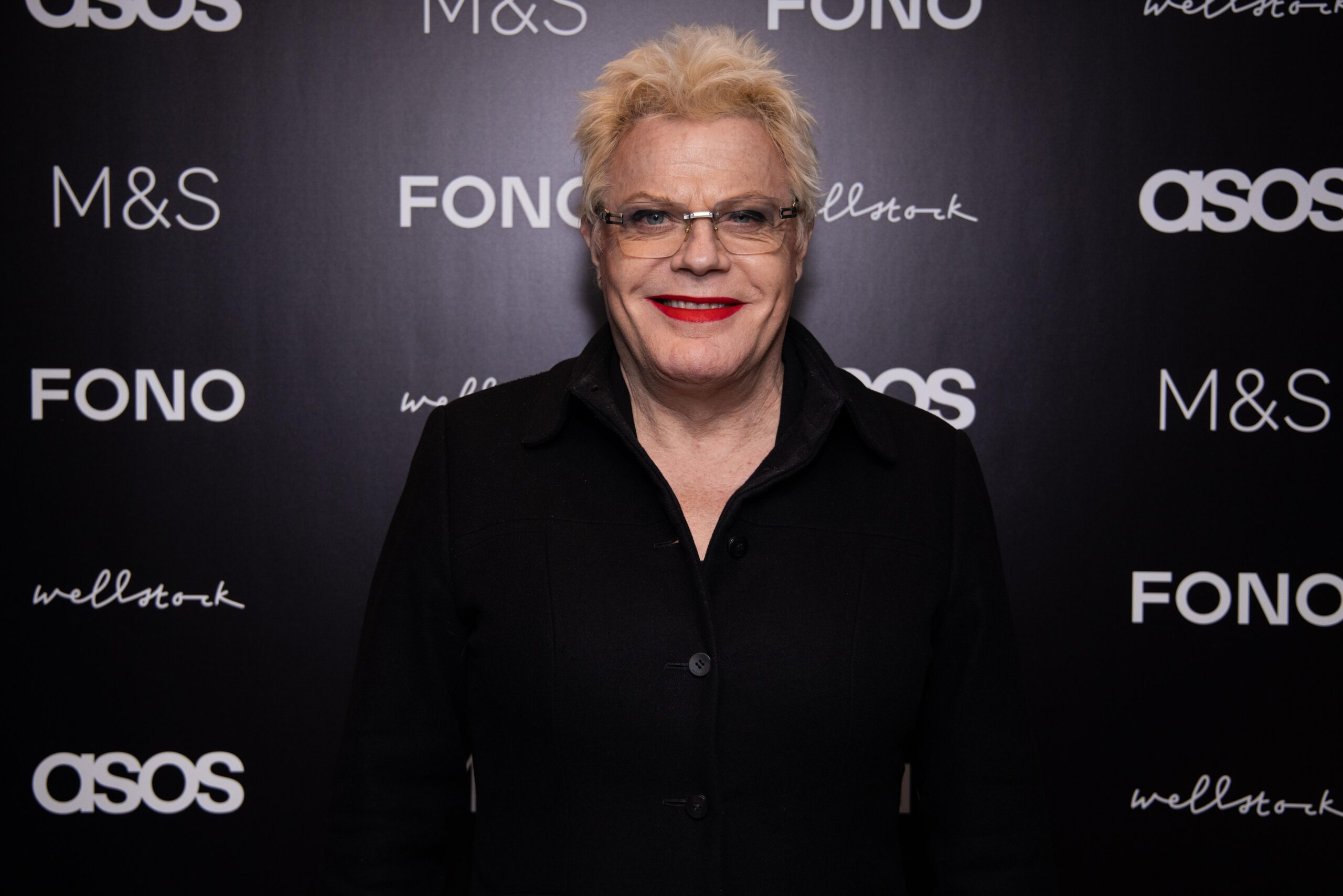Generation Alpha (born in 2010 to present) walks among us. They’ve been wired into the Internet for all their lives, they’ll be the most formally educated generation in history, and, if climate activism proves effective, they may avoid the ravages of climate change. And at 9 years old, the young generation already understands gender and […]









